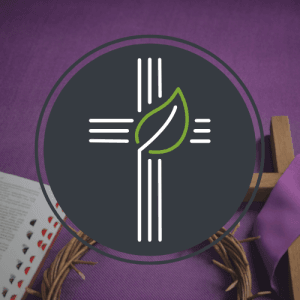7 “But now, Lord, what do I look for?
My hope is in you.
8 Save me from all my transgressions… (NIV)
Several years ago, I boarded a plane for Spokane, WA, where I was scheduled to speak at a retreat. It was a smaller plane, three seats on either end of an aisle. I was blessed on my side with empty seats. Across from me were three young men who had to be football linebackers. The poor guys were miserably hunched together trying to survive the tiny area into which they had been poured. I leaned over to suggest, “Why don’t one of you come over here?” I had not even ended the sentence before the middle one was out of his seat sighing with great relief. Then the plane taxied and was into the air—and turbulence. That is when my personal turbulence began.
My terrified seat mate grabbed my right hand, squeezing it tightly while wailing, “I am never going to fly again. I am never going to fly again,” repeating his mantra over and over. The flight attendant could not help him. I could not help him. His buddies left both him and me to our misery. That is where hope set in: I fervently hoped when we landed in Salt Lake City, we would not be delayed by circling the airport or anything else that could impede us. My hope was not disappointed. We landed without incident, and my linebacker released my mangled hand.
Hope is an expectation. It is also a fervent desire, believing something good may or will happen. Hope also can be a feeling or sense of trust, such as David’s heart cry, “My hope, or my trust, is in you.”
Psalm 39 is written by a troubled David. He is feeling the futility of life and the pain of correction by a God who loves him too much to allow him to stumble and fall. Yet in the middle of his agony, he cries out his hope and longing: “…what do I look for? My hope is in you. Save me from all my transgressions.” This cry of his heart becomes echoed throughout the Jewish world. They longed for the Messiah, whom they believed would set them free from their political bond. And He did come.
He came as their Messiah, but Messiah came as so much more. He saw a bondage that was greater than a political Roman Empire. He saw broken lives devastated and ravaged by sin and darkness. He grieved for the people of his creation bound by these chains of bondage. He heard the agony of their hearts, as David had cried out, “Save me from all my transgressions!”
So, He came as their Messiah, which was not what they expected—but what they needed. So, He came—loving us enough that we might be free of all our transgressions. So, He came—fearlessly facing the agony of an old, rugged cross.
Author: Ardyce Templeman
Other Lenten readings for today:
- Ezekiel 17:1-10
- Romans 2:12-16

 Give
Give